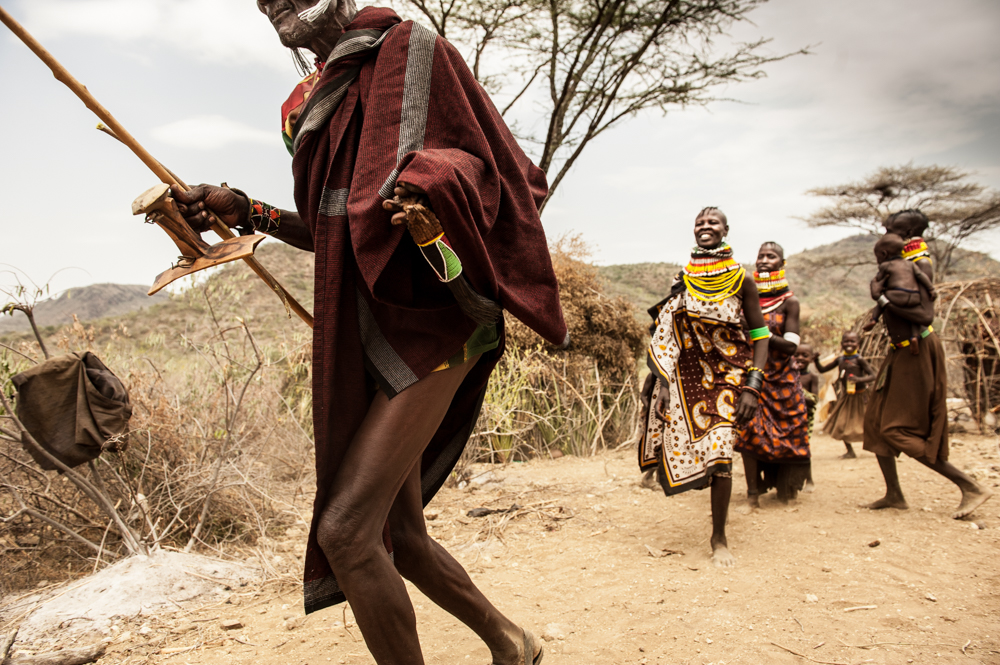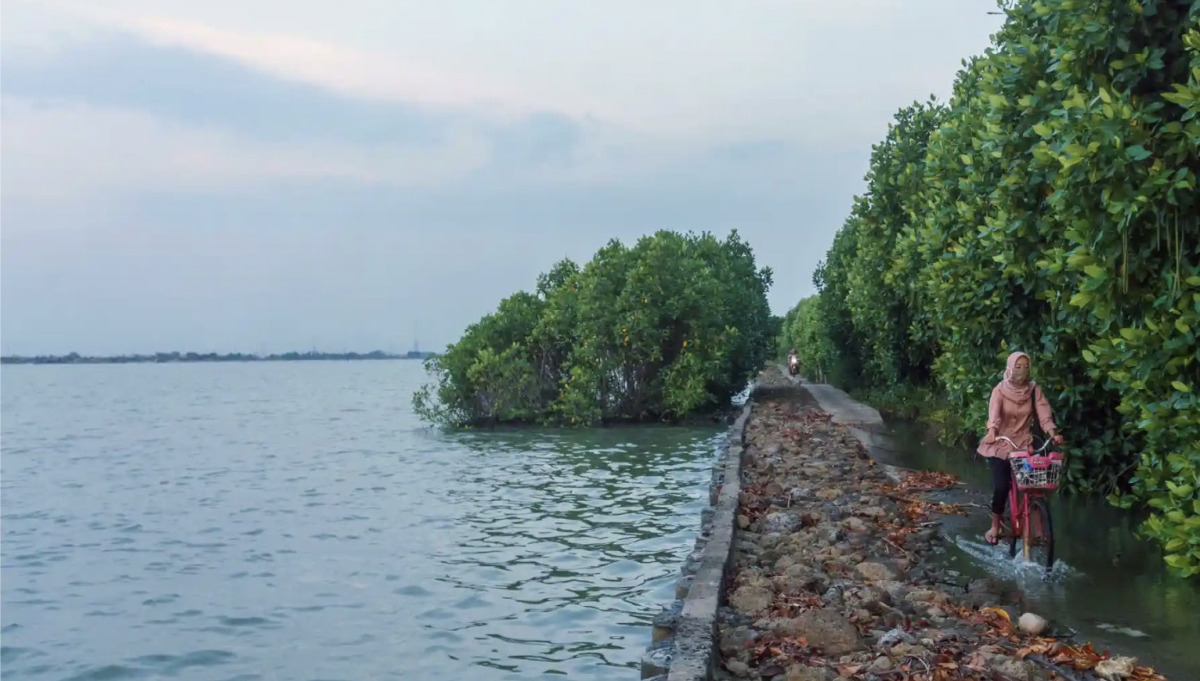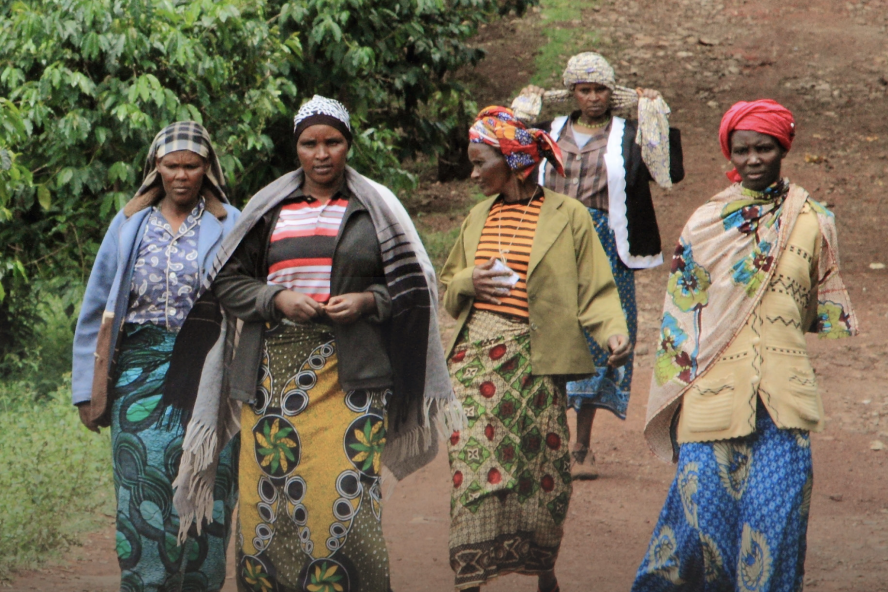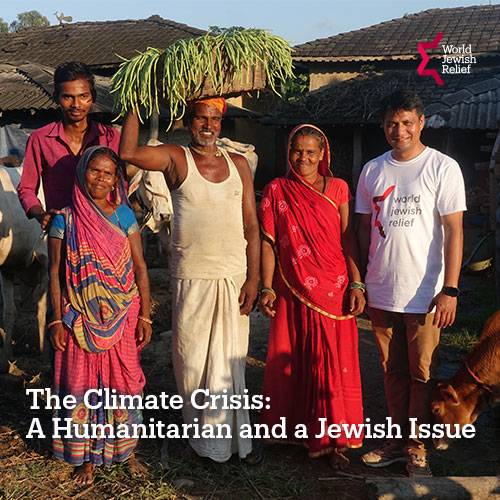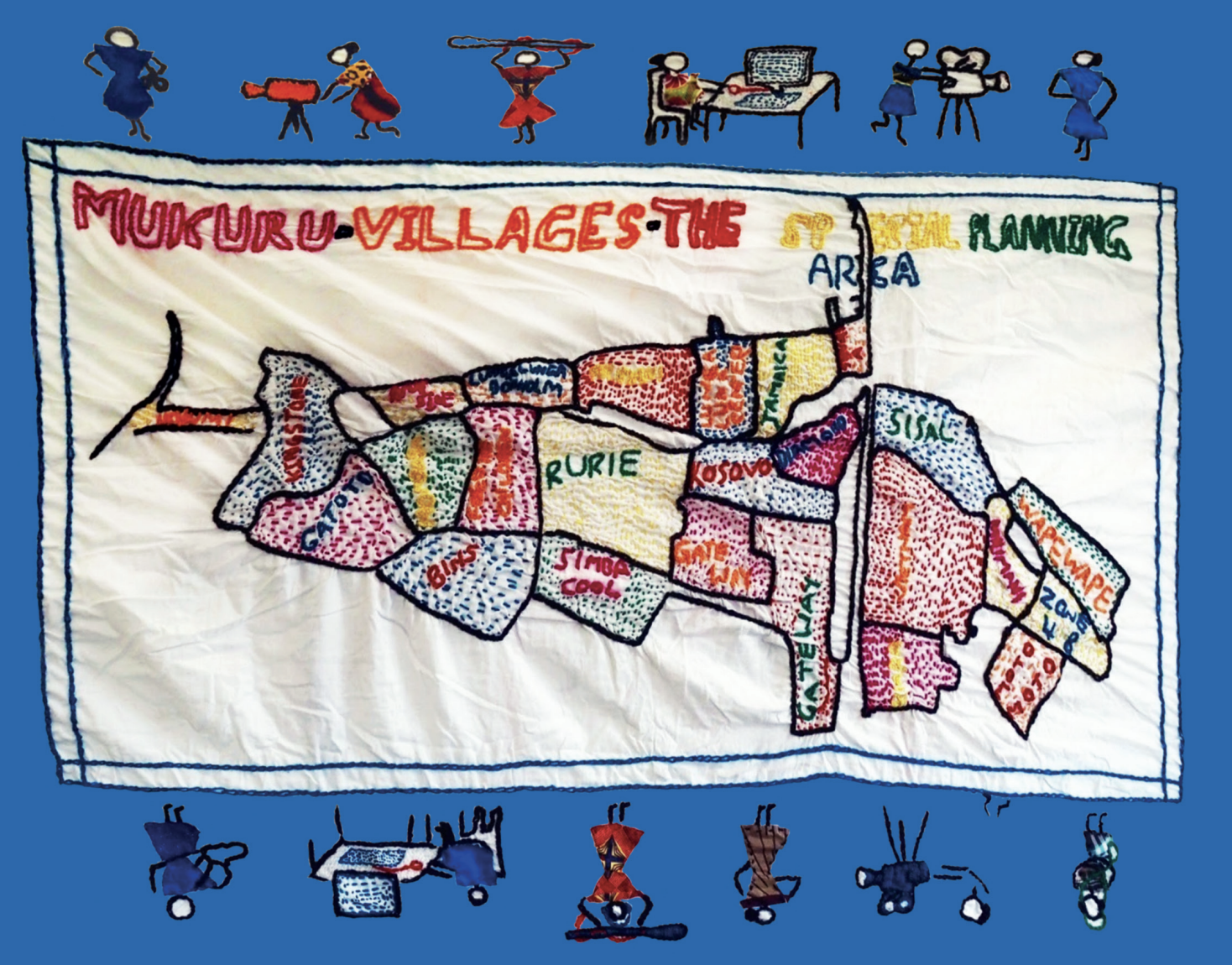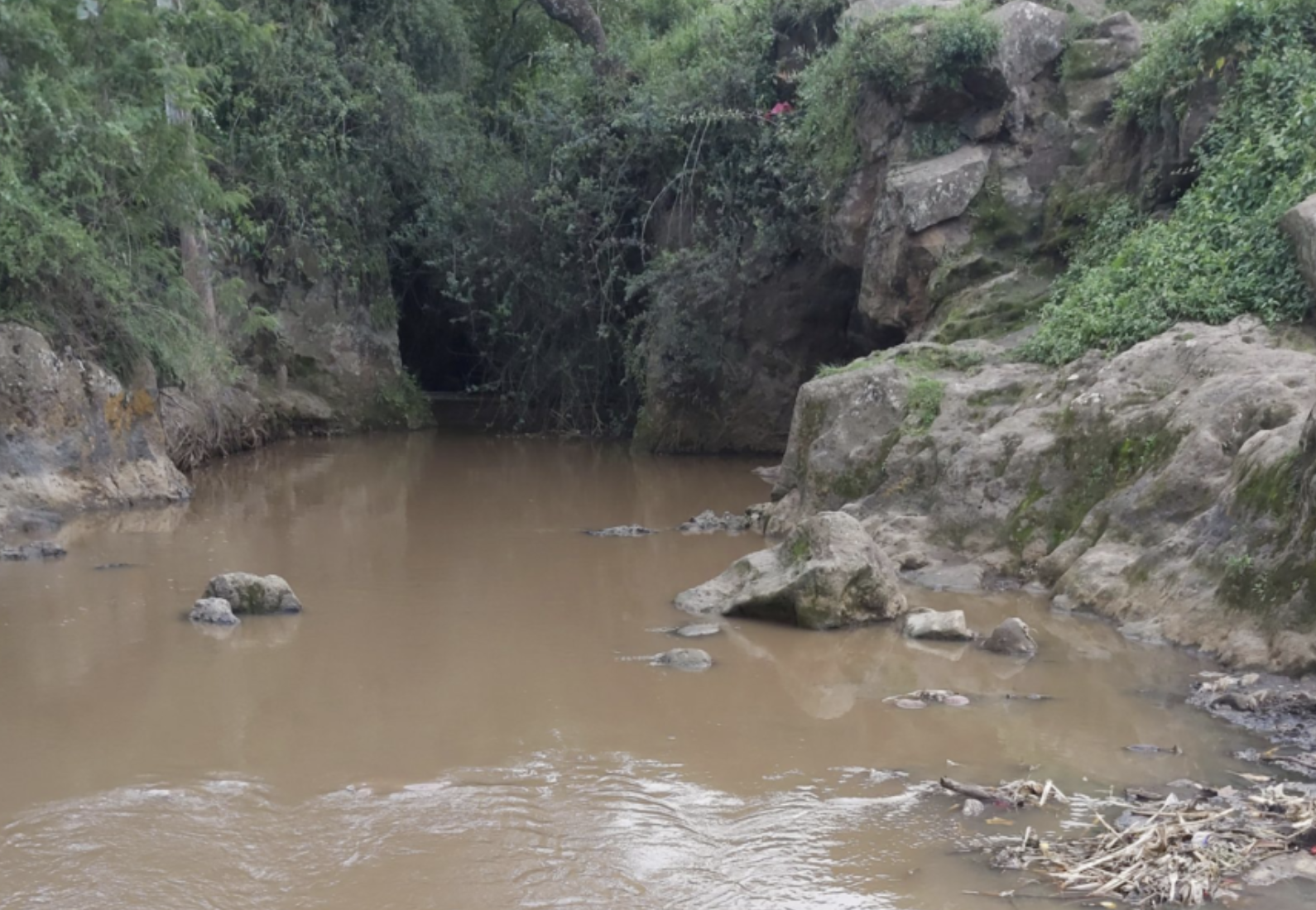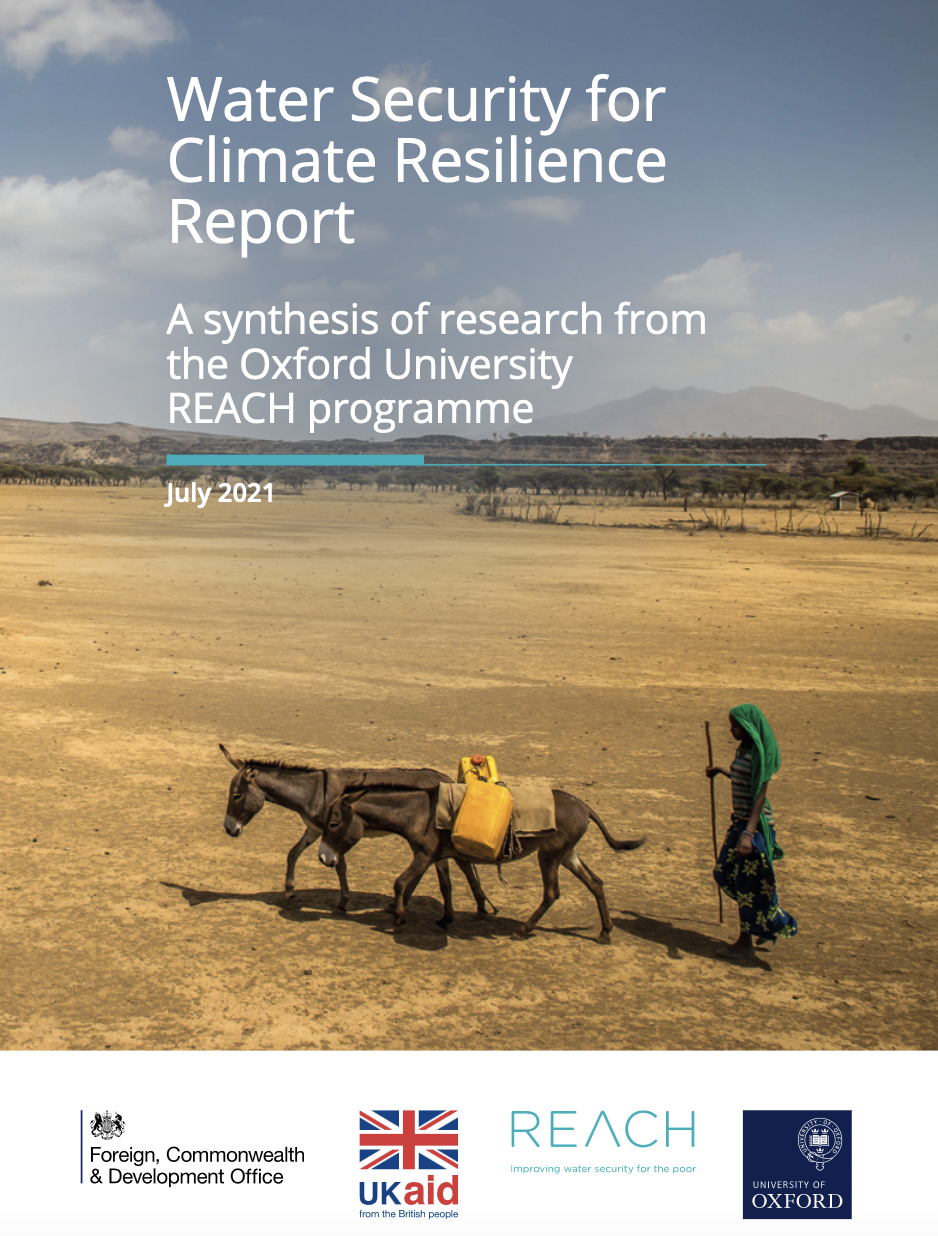kenya
Pastoralists responding to shocks: rethinking resilience
This blog post from PASTRES explores the theme of resilience in pastoral systems.
Public Engagement on Climate Change Adaptation: A briefing for developing country National Adaptation Plan teams
This report, jointly prepared by Climate Outreach and the NAP Global Network, provides an introduction to public engagement on climate change adaptation. It makes recommendations for how to make public engagement with climate adaptation inclusive and effective, and how to make links to the Action for Climate Empowerment (ACE) agenda under the UNFCCC and the Paris Agreement.
Factsheet for young people: Locally Led Adaptation
How can locally led adaptation respond to highly localized risks in contexts marked by deficits in formal governance machinery? Learn more in this factsheet, which is part of a series that presents information from the Global Center on Adaptation’s flagship reports State and Trends in Adaptation in Africa 2021 and 2022.
The Climate Crisis: A Humanitarian and a Jewish issue
This report makes the case for why faith-based, humanitarian charities should be adjusting their work to ensure they are building long-term climate resilience, rather than only focusing on short-term, emergency responses.
To do so, it explains the basics of climate science for a non-expert audience, summarises the expected impacts of the climate crisis and the humanitarian imperative to address them, and explains how key Jewish values are being threatened by the climate crisis. It then sets out how World Jewish Relief is structuring its own work on resilience building, mitigation, adaptation and preparedness, to set an example for how their own organisation could begin to enter such a huge sphere of work.
Locally Led Planning: A Guide for Building Climate Resilience in Urban Informal Settlements
Discover resources for locally-led, inclusive, multisectoral upgrading for climate resilience in urban informal settlements in this guide. It aims to support a range of stakeholders to both build climate resilience in informal settlements and link locally led action with broader processes of urban and climate governance.
Principles for just and equitable nature-based solutions
Explore the issues that must be addressed to help ensure that the design, governance and implementation of nature-based solutions (NbS) are just and equitable in the second of the SEI NbS briefs. The authors outline five principles to incorporate in NbS to achieve these goals, and present a case study from a semi-informal settlement in Kenya.
Assessing Inequalities in Wellbeing at a Neighbourhood Scale in Nakuru, Kenya and Udon Thani, Thailand
Learn about how surveys were used to explore wellbeing in two low-middle income country cities: Nakuru and Udon Thani. Discover city characteristics that improve wellbeing and promote long-term livability.
REACH Water Security for Climate Resilience Report
This report explores the relationship between water security, climate and climate adaptation decisions, drawing on research from the REACH Programme, conducted in Sub-Saharan Africa and South Asia.
Creative musical approaches
Using music to highlight and share information and build connections between people/groups.
Digital Storytelling Tool
Compiled information about different digital storytelling methods that can be used within projects to help share experiences.
